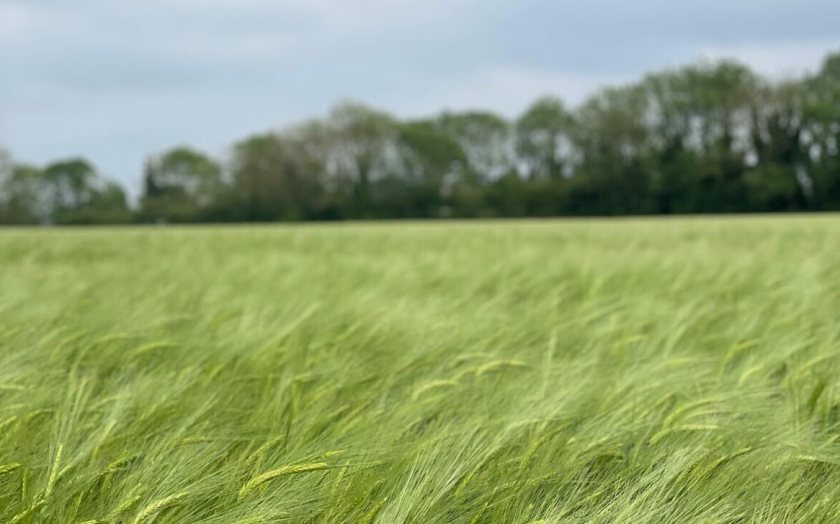
A new AHDB Recommended List (RL) candidate winter barley variety is making waves in the market due to its early maturity and resistance to type 1 and 2 barley yellow mosaic virus (BaYMV) and soil-borne diseases.
Aretha is not only high-yielding but also early-maturing, potentially becoming the earliest maturing variety on the AHDB RL.
Additionally, the variety, which is bred in Germany, boasts the tallest straw, which is beneficial for creating a weed-suppressing canopy and providing high straw yields.
It also has strong lodging scores and offers resistance to both BaYMV type 1 and type 2, which will be an important tool in the armoury for growers as awareness of Type 2 increases.
Lincolnshire-based seed supplier Cope said there was a need for more BaYMV resistant varieties.
While the agricultural community has long been aware of and protected against BaYMV type 1, the impact of type 2 remains less understood, the supplier said.
"Like type 1, BaYMV type 2 is a soil-borne disease that can be devastating, reducing yields by up to 50%," said Cope managing director, Gemma Clarke.
“It is often misidentified as a nutrient deficiency and can only be detected through soil testing."
Symptoms appear in early spring following a cold spell, and infection spreads in distinct patches that grow each year.
The virus can persist in the soil for 20 years, making variety choice crucial for effective management.
Given the recent wet autumn, seed production areas are down, with wheat and barley seed areas reduced by 12-15% across the UK and winter bean areas by 30%, explained Ms Clarke.
“Despite these challenges, the UK is expected to have sufficient seed for major species without needing to import, as was necessary in spring 2024," she added.
"However, growers are advised to order early to secure their preferred varieties, as popular wheat and barley varieties may run short.
"A limited amount of Aretha winter barley seed will be available due to early access, reinforcing the need for early orders."
